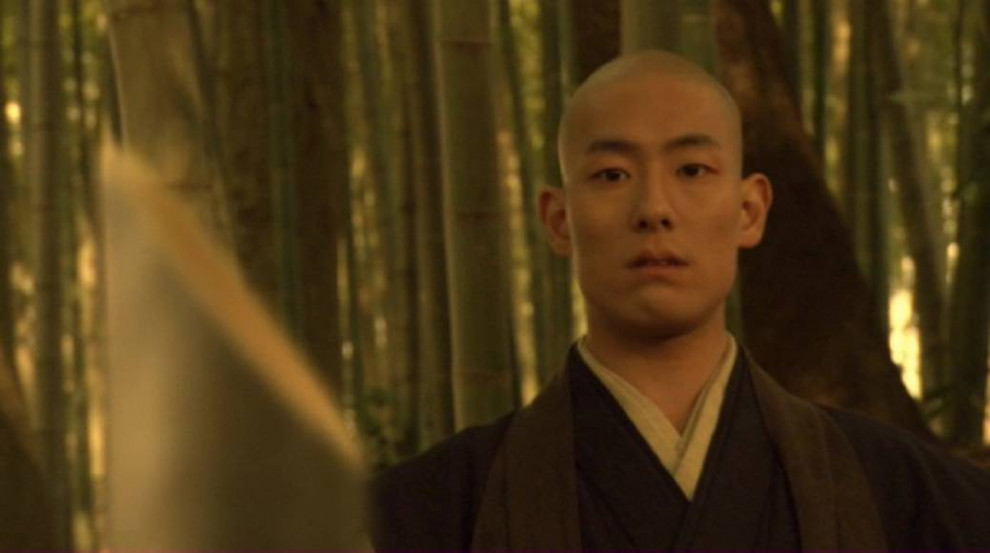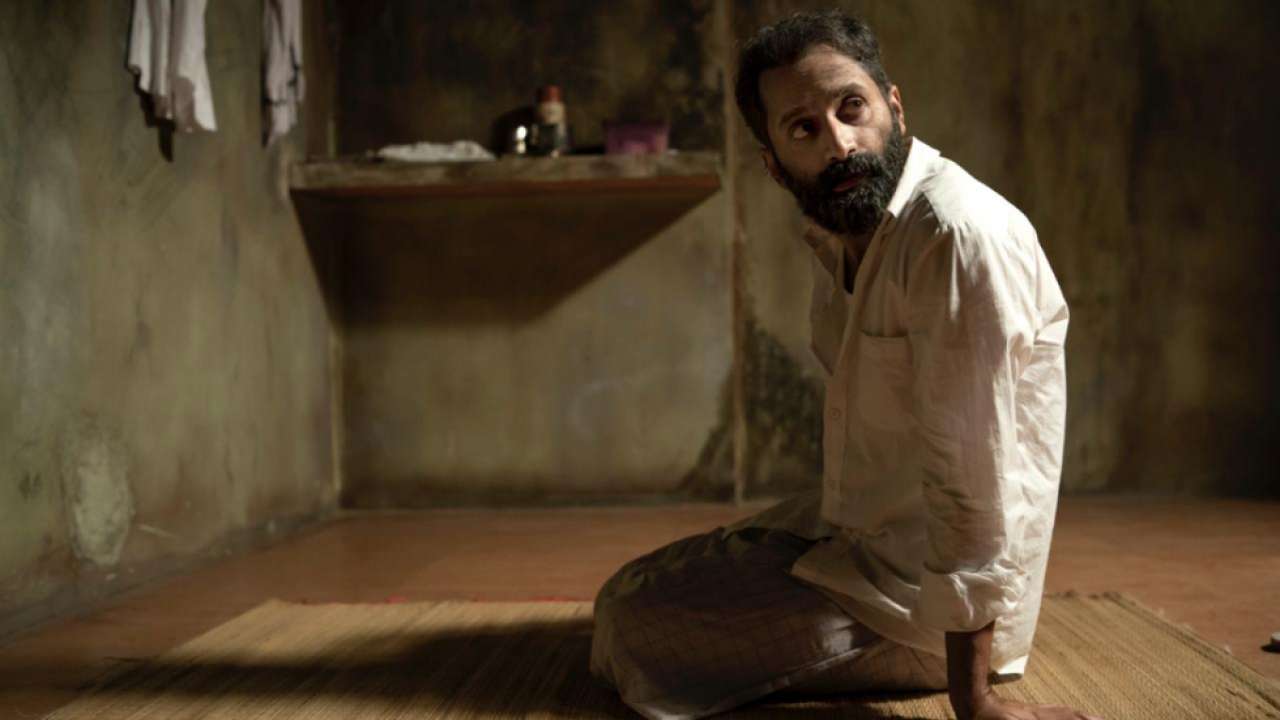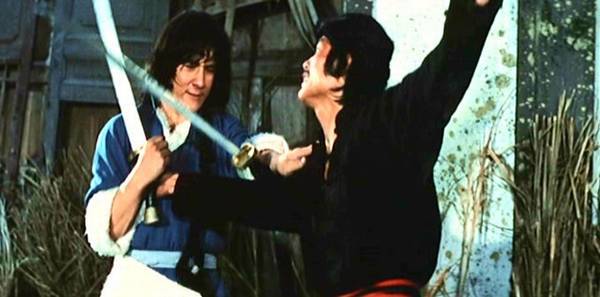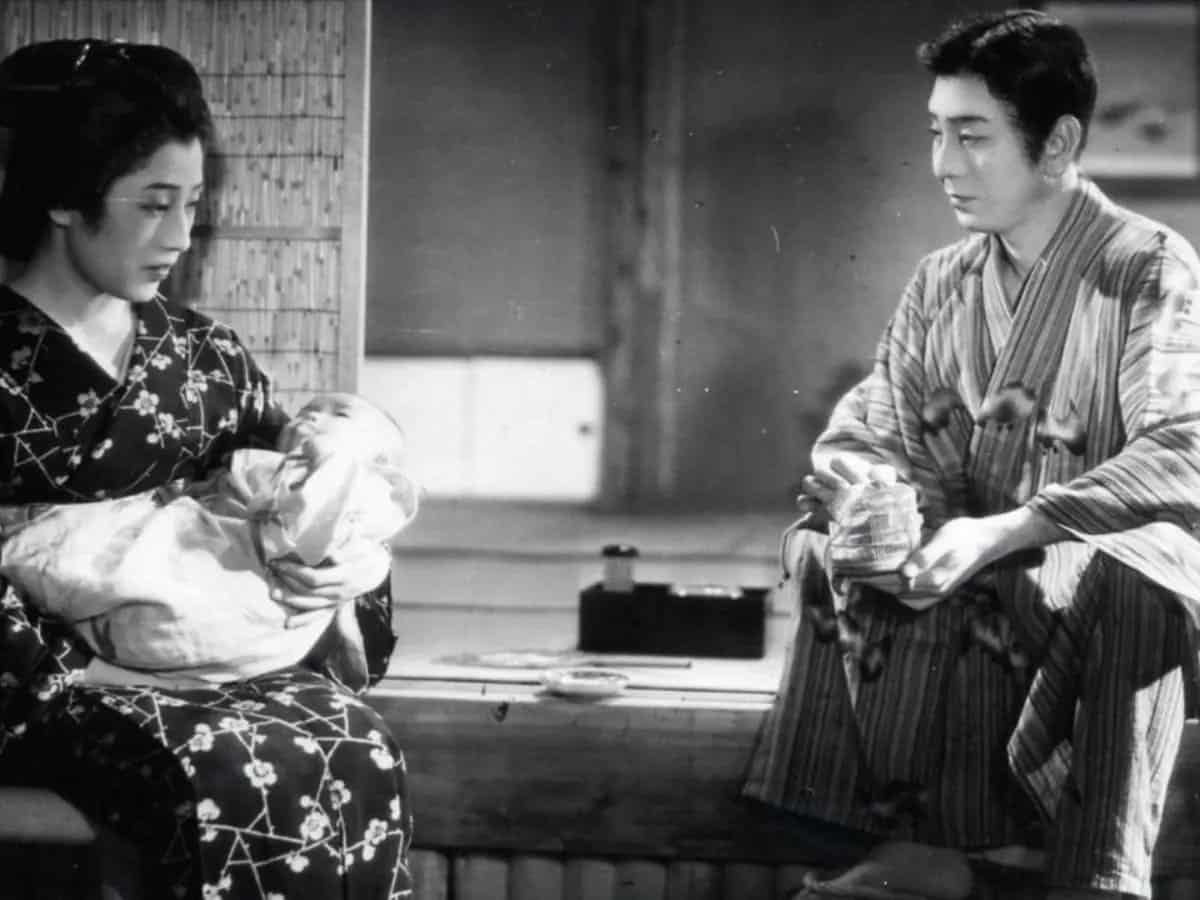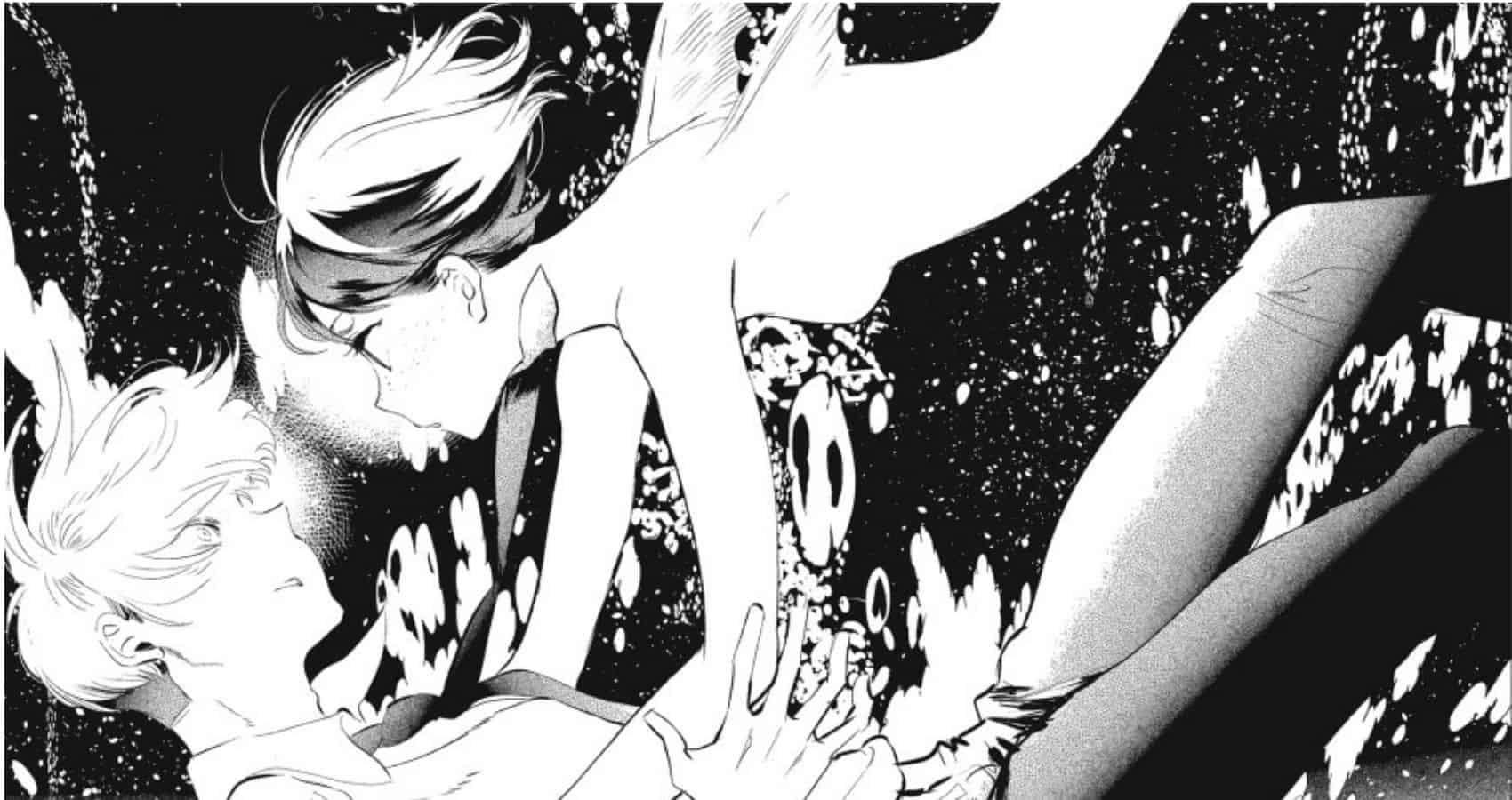Banmei Takahashi started out in the 70s as a scriptwriter for the pinku eiga (soft-porn) pioneer Koji Wakamatsu, until he founded his own production company and produced over 40 erotic movies. Takahashi's first steps out of the adult industry came with the success of his crime flick “Tattoo Ari” (1982), which was based on the infamous Japanese mass murderer Akiyoshi Umekawa. “Tattoo Ari” became the turning point in Takahashi's career and opened the gates to mainstream filmmaking. 27 years later, “Tattoo Ari” was followed by another biopic. But this time it wasn't about a criminal, but about the Japanese monk Dogen Zenji, who brought Soto Zen Buddhism from China to Japan in the 13th century.
Buy This Title
So what is the movie about?
Caused by the shocking experience of his mother's death, Dogen chooses to live as a monk. This marks the beginning of Takahashi's movie. The young protagonist is full of questions about life, death and everything between that. He can't find a satisfying answer in Japan and so he decides to go to the roots of Buddhism, which lay in China. The way Buddhism is taught and practiced there represents the true way of Buddha.
After years of meditation and finally gaining enlightenment in a Chinese monastery, Dogen returns to Japan. Back home, he sees himself confronted with the corrupted Buddhist lifestyle. Drinking and whoring is part of everyday life and the local monks are joyfully taking part in that. These sequences are reminiscent of the adult movies that Takahashi produced in his early life. But like Dogen, he turns his back to these temptations and portrays this behavior as sinful, misogynistic and wrong.
At this point, the film establishes a conflict between the main character and the indigenous Buddhist sect. As Dogen tries to build up his own monastery in Kyoto, he is finally forced to leave the city and has to retreat to the mountains with his fellowship. Only with the help of a well-disposed aristocrat is he able to survive and rebuild his community. It becomes clear that monks weren't so unworldly at that time, but actually a part of a political power play. Despite the hardships and the resistance, Dogen's teachings gain more and more popularity among other Buddhist groups. In the course of the movie, other sects join him and spread his ideas around the country.
Up to this point, the story covers a time span of more than 40 years. Finally, Dogen dies at the age of 54 in his monastery among his fellow monks. The death scene is the most emotional part of the movie. It highlights the principles of Dogen's teaching. In the moment of his death, the group, profoundly touched by the passing of their teacher, continues to meditate under the instruction of Dogen's successor. An impressive moment of discipline and devotion.
In the film, there is also a sub-plot evolving around a young woman called Orin, whose life was saved by the main character as a child. When Dogen returns to Japan, she is living an unhappy life as a prostitute and has a sick child with a violent husband. She is willing to join the sect, but she is not permitted at first. On his deathbed, Dogen grants her admittance to the community. The movie ends with Orin following his steps, teaching his ideas to little children and finally starting a pilgrimage throughout China.
What do you learn about Buddhism in this movie and is this a Zen 101?
Although “Zen” is not a documentary, the biographical accuracy of this drama is pretty decent. Except for Orin's appearance, which was surely added for dramatic effect, the movie outlines every important point of the Dogen's actual life. When it comes to the ideas and practices, “Zen” provides information piece by piece. In the beginning, there is no explanation whatsoever. There is no feeling of strangeness or misunderstanding, though. When Dogen speaks with Orin and later with the Shogun, the Buddhistic tenet becomes clearer. So the movie does not leave the viewer behind. The deeper understanding of Dogen and his work emerges almost naturally from the storytelling.
What's the artistic approach of the movie?
Banmei Takahashi and his editor Junichi Kikuchi (“Shall we dansu?”, “Pulse”), who also worked on “Tattoo Ari”, create a flawless and clean style. They do not use sublime or esoteric elements. Because of that, the portrayal of Dogen does not seem like a super-hero movie. In the movie, Dogen is who he really was, a normal person with a certain catalog of principles that every other human being can follow. His impact on Japan is therefore not presented in an intruding way. The clean style of the production supports the natural way the characters are perceived. In the last 10 minutes, the film intensifies. In these sequences, Takahashi works with a haunting imagery. Trenchant and emotional. Overall, this leaves a certain epic and powerful impression on the audience.
Banmei Takahashi came a long way and proved himself an excellent story-teller. “Zen” is a truly inspiring and informative movie. With the added subplot of Orin, the film even allows an emancipatory re-reading and gives the account of a strong woman who liberates herself from an oppressive society to reach enlightenment


